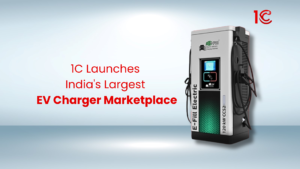
Menu
Menu
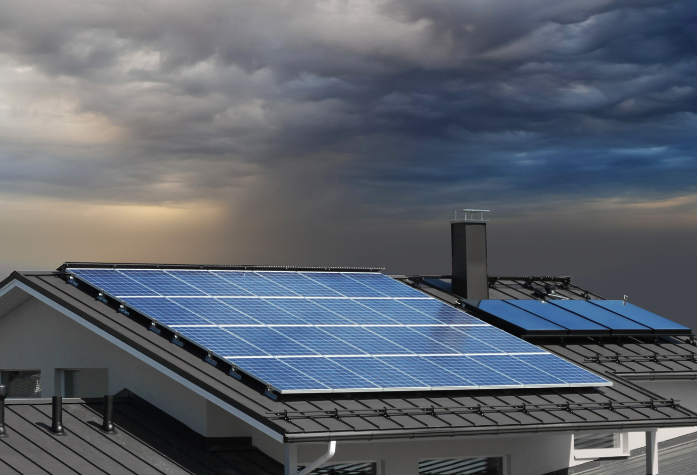
We know that solar panels store energy from sun and so this question always stay in our mind that, will Solar Panels work when it rains or during winter season? Yes, Solar panels can still work and charge your EV on cloudy days, tapping into diffuse light for renewable energy. However, the efficiency might drops: light cloud cover yields 76% of max power, extending a 2-hour charge to 2.5 hours. Heavy clouds reduce output to 33%, that extend the charge times to 3 hours and 20 minutes. During heavy rain, output may drop to 10-20%, that potentially prolong charges to 3 hours and 36 minutes. Battery storage can mitigate these challenges.
In this article, we will understand how solar panel works to charge an EV, popularity of solar panels, solar panel efficiency during rainy and cloudy days and various ways to overcome the challenges associated with charging an EV using solar panels.
Solar panels offer benefits including carbon footprint reduction and energy cost savings. They function by absorbing sunlight through photovoltaic (PV) cells, generating electrical charges that produce electricity. The quantity of panels directly correlates with energy generation.
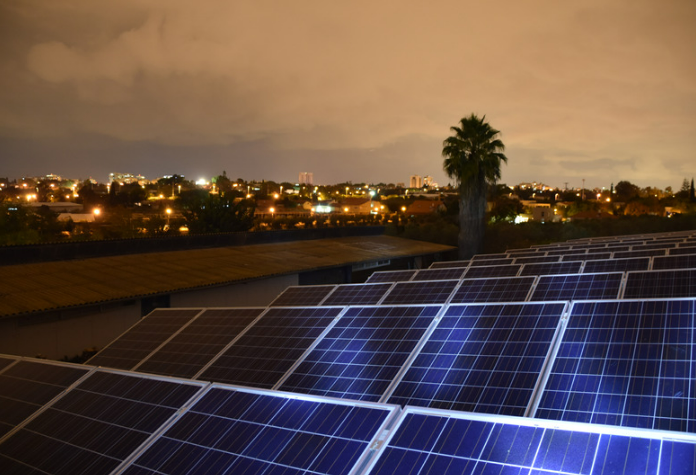
Scientifically sun never goes away, it is the Earth that revolves around the sun. Therefore it can be said that solar panels always work be it night, rainy day, cloudy day or winter weather. It is the efficiency level of storing solar energy during different days. The energy will definitely be stored everytime but the amount and time it takes to store during cloudy days or night is low than the sunny day.
During 2023-2024, there was a noticeable increase in the use of solar panels in India. The country’s focus on expanding its solar power capacity until FY26, along with regulatory changes like the Approved List of Models and Manufacturers (ALMM), increased the demand for solar panels. Despite efforts to boost domestic production, the imports remained necessary to meet the rising demand, especially with an estimated 18.9 GW of solar capacity planned until FY26. While China continued as a major supplier, there was a shift towards other countries like Vietnam, Malaysia, Thailand, and Hong Kong. This growing adoption of solar panels shows India’s commitment to renewable energy and its goals for sustainability.
Source: ET Energyworld.com
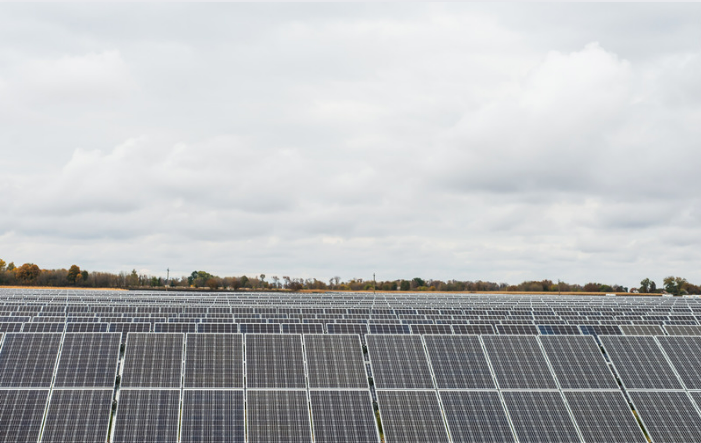
During cloudy or rainy days, efficiency off solar panel diminishes significantly. This reduces the electricity production to only 10-33% of their sunny day output. Foexample, a setup generating 13.5kWh on a sunny day might yield only between 1.35kWh to 4.46kWh during such conditions. This reduction impacts solar EV charging capacity, considering factors like average daily charge usage, EV battery capacity, and the solar panel array’s potential output under ideal conditions. Despite the drop in efficiency, solar panels can still contribute to charging EVs, but at a lower rate, highlighting the importance of considering weather conditions when relying on solar energy.
Preserving Energy in Solar Panels During Cloudy or Rainy Days:
Now we can conclude that, Solar panels can work during the rainy or cloudy days as well, considering the efficiency level might be low in comparison to sunny days. Like everything has its pros and cons, the sun is the main source of energy for electricity from solar panels. Therefore on other days, when sunlight is less it might struggle in preserving energy but it will not completely stop. The efficiency of Solar panel depends on the factor like the area where the panels are set and the quality of solar panels. So, take time and research the solar panel partner well before.
सौर पैनल अब भी बादली मौसम, वर्षा, या सीधे सूर्य प्रकाश के किसी अन्य समय के दौरान बिजली उत्पन्न कर सकते हैं, लेकिन इसमें उत्कृष्टता कम हो सकती है। सौर पैनल सीधी सूर्य की किरणों में सबसे अधिक कुशल होते हैं और बादली अवस्था के दौरान कम बिजली उत्पन्न कर सकते हैं।
Solar panels can still generate electricity during cloudy weather, rain, or periods of indirect sunlight, but with reduced efficiency. They perform most efficiently in direct sunlight and tend to produce less electricity during cloudy conditions.
When sunlight hits a solar panel, the photovoltaic cells within the panel absorb the energy. This absorption results in the creation of electrical charges, which is then move within the cell due to an internal electrical field. This process generates electricity.
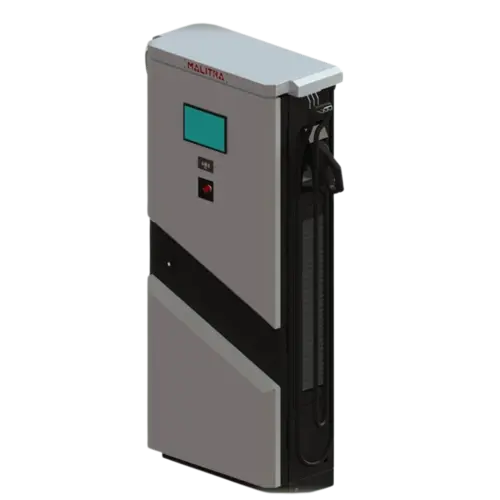
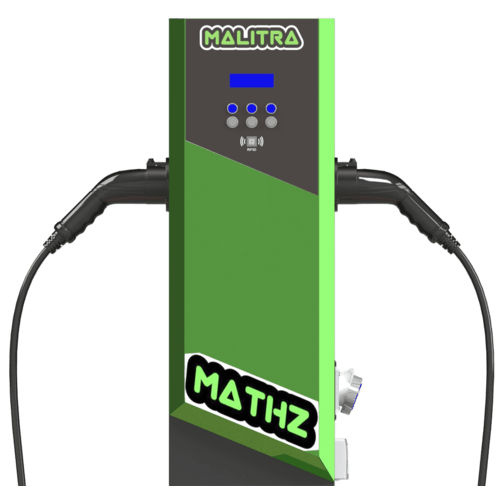
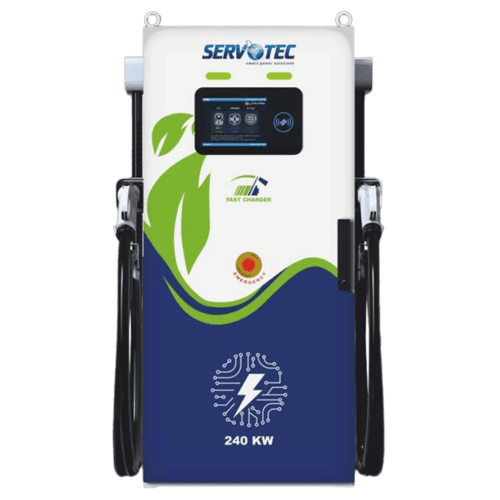
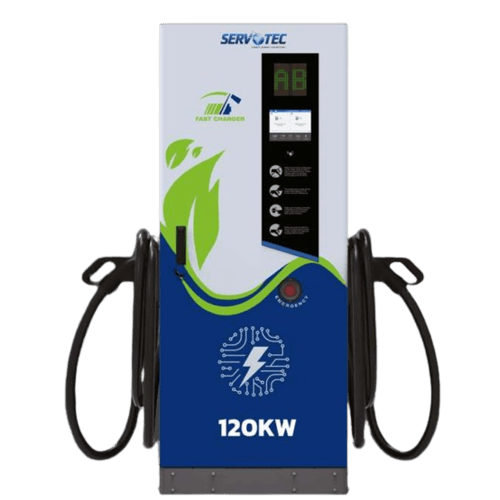
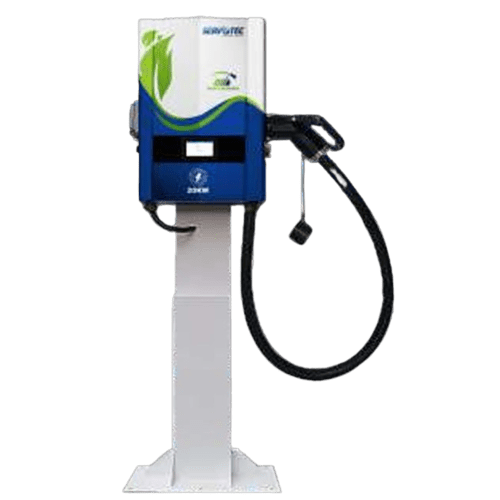
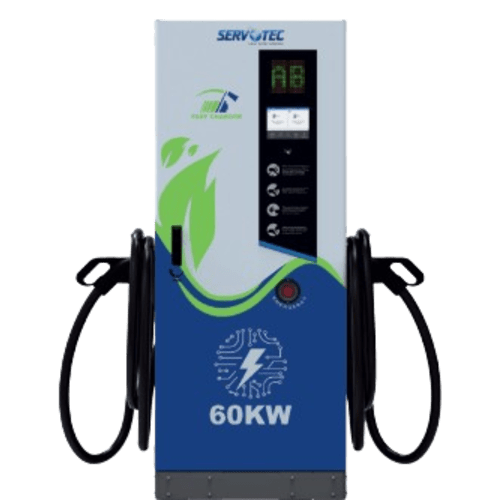
© 2024 Massive Mobility Private Limited. All rights Reserved